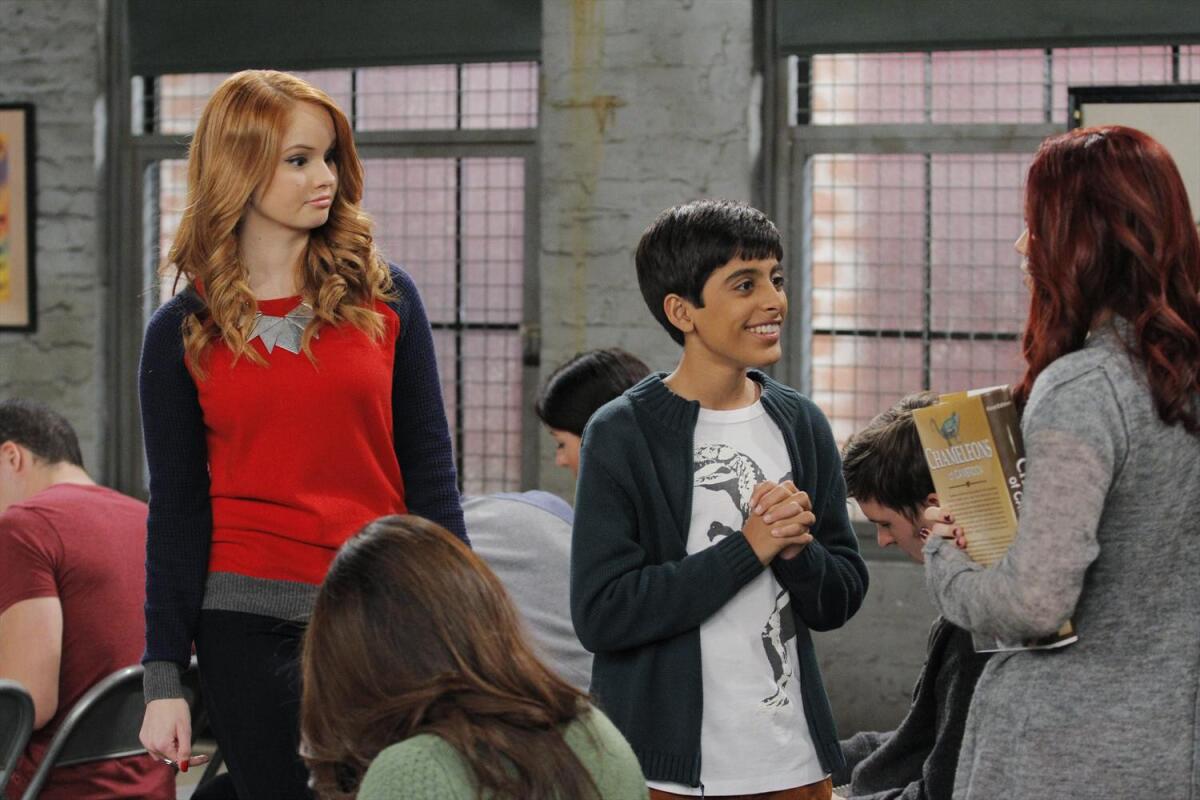Cable industry gathers at time of growing competition and challenge

The cable industryâs top executives gathered in Los Angeles for their annual convention to show off new technologies and boast about a bright future.
âWe spark the cylinders of innovation,â said Michael Powell, president and chief executive of the National Cable & Telecommunications Assn., in his welcoming remarks. âAnd, to be dramatic, we help light the lamp of hope that âWe the Peopleâ can find solutions to the problems that plague our society.â
But underneath the hyperbole and chest pounding were worries about rising costs, cord-cutting, customer service and increased competition from newer digital platforms.
âIâm concerned we are going to reach a tipping point,â said Jerald Kent, chairman and chief executive officer of Suddenlink Communications, when asked about rising cable bills during the showâs opening session.
PHOTOS: 2013âs highest-paid media executives
Noting rising programming costs, particularly from sports, Kent said distributors need to be able to offer âmore affordable types of packagesâ to customers. Without that ability, Kent warned customers might drop their services and the government could try to crack down on the industry.
While many pay-TV distributors offer lower price packages, they typically do not carry the most popular channels, including Walt Disney Co.âs ESPN. Big programmers such as Disney and Viacom like to bundle their popular and less popular networks together, making it difficult for distributors to offer flexibility to customers.
ESPN Chief Executive John Skipper, who was on the same panel as Kent, defended concerns the cost for his network is too high.
âThere is no question that weâve created the product with the most value,â Skipper said. He also criticized those who say the majority of cable subscribers are picking up the tab for sports programming they donât watch.
âIt is a nice rhetorical device, but itâs just not a fact,â Skipper said, noting that ESPN content is often the highest-rated.
Concerns about competition from Netflix, Amazon and other digital services was also a topic of conversation for executives here. On the one hand, cable operators benefit from new digital platforms because it can spur sales of their broadband product.
But programmers are scrambling to keep up with the growing number of new competitors, many of whom have deep pockets to woo talent.
âThat next round of creators is opting to go to YouTube, is opting to go to Vice,â said Nancy Dubuc, president and chief executive of A&E Networks, parent of A&E, History and Lifetime. âI worry about that.â
John Martin, the new chief executive of Time Warnerâs Turner Broadcasting, seemed less concerned about landing talent, noting his company spends $4 billion a year on programming.
More pressing for Martin is the cable industryâs struggle to create an easy system for subscribers to watch content on tablets and computers when they are away from the television. The industry has an initiative called TV Everywhere designed to do just that, but consumers have been slow to embrace it.
âI donât have TV Everywhere because I canât figure out how to use it,â Martin said, adding that efforts to authenticate pay-TV subscribers so they can access programming on multiple devices is âa barrier to usage.â
The debate over how heavily the Internet should be regulated also will be a topic of discussion for the next few days. The NCTAâs Powell, who is the industryâs chief lobbyist, made it clear where he stands in his opening remarks.
âBecause the Internet is not regulated as a public utility, it grows and thrives, watered by private capital and a light regulatory touch,â Powell said. âIt does not depend on the political process for its growth, or the extended droughts of public funding.â
Powell also acknowledged, though, that a lack of regulatory oversight shouldnât be treated as a blank check.
âWe need to keep prices reasonable and the value of our services high. We need to deliver second-to-none customer service. And we need to be good corporate citizens,â he said.
ALSO:
Clippers owner Donald Sterling banned for life from NBA
âBig Bang Theory,â other U.S. shows vanish from Chinese Internet
Comcast to swap customers with Charter in an effort to ease TWC deal
Follow Joe Flint on Twitter @JBFlint.
More to Read
From the Oscars to the Emmys.
Get the Envelope newsletter for exclusive awards season coverage, behind-the-scenes stories from the Envelope podcast and columnist Glenn Whippâs must-read analysis.
You may occasionally receive promotional content from the Los Angeles Times.











